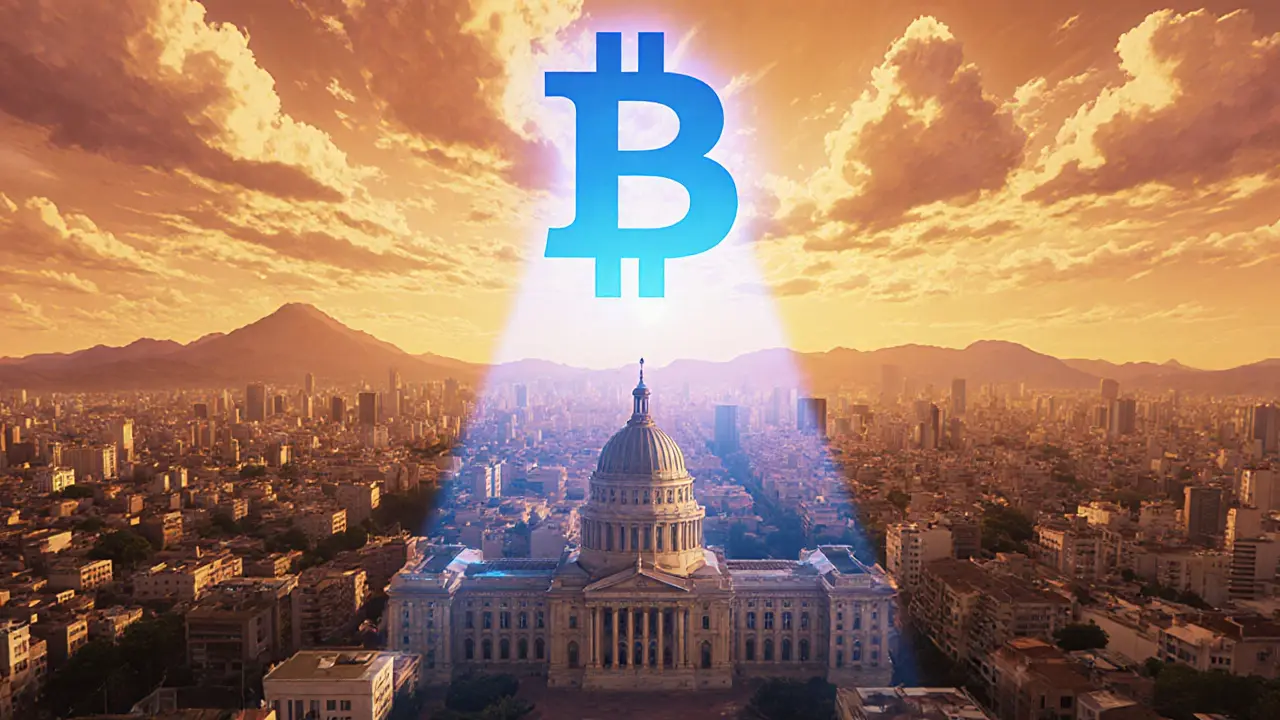IMF Criticism: Why It Matters and What’s at Stake
When you hear IMF criticism, the questioning of the International Monetary Fund’s policies, practices, and influence on economies. Also known as IMF critique, it often focuses on how the fund’s decisions affect borrowing nations. The criticism is tied directly to the International Monetary Fund, a global financial institution created in 1944 to oversee monetary cooperation, which many argue imposes one‑size‑fits‑all solutions. A major flashpoint is the fund’s use of structural adjustment, policy packages that demand fiscal tightening, market liberalization, and privatization in exchange for loans. Critics say these adjustments can tighten spending when economies need stimulus, sparking protests and political backlash across continents.
One of the most heated debates centers on austerity policies, government spending cuts enforced as loan conditions. When countries like Greece or Argentina adopt harsh austerity, unemployment spikes and public services shrink, leading many to blame the IMF for deepening recession. At the same time, the fund’s role in managing sovereign debt, the total amount a nation owes to external creditors often means restructuring deals that prioritize creditor repayment over social welfare. This tension shows why activists, economists, and policymakers keep pushing back, arguing that the fund should balance fiscal responsibility with growth‑friendly measures.
Beyond individual loan packages, the broader system of global financial governance shapes how criticism spreads. Emerging market economies often feel sidelined, saying the fund’s voting structure gives wealthy nations disproportionate sway. When the IMF advises on exchange‑rate policies or recommends capital controls, critics point out that such guidance can clash with local development goals. The debate also touches on transparency: many demand clearer disclosure of how the fund calculates its assessments and how it monitors social impacts. As the world grapples with climate change and post‑pandemic recovery, calls for a re‑imagined governance model grow louder.
Below you’ll find a curated collection of articles that explore these angles in depth— from case studies of specific country programs to analyses of reform proposals and the latest policy responses. Dive in to see how the conversation around IMF criticism is evolving and what practical steps stakeholders are proposing.
 4 Aug 2025
4 Aug 2025
Explore how the IMF, legal scholars, and crypto fans reacted to El Salvador's Bitcoin legal tender law, its on‑ground adoption data, and what the experiment means for other nations.
View More
